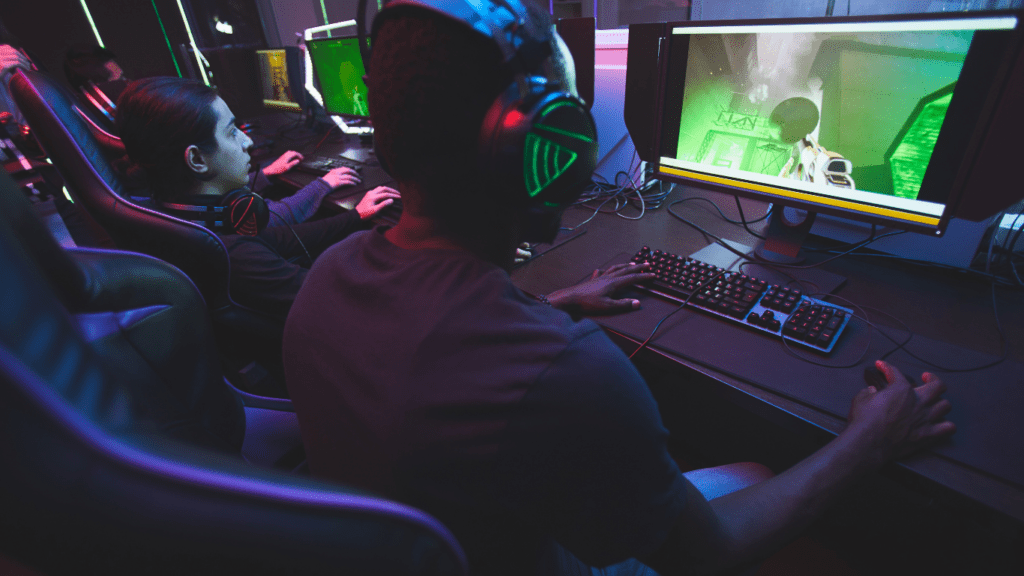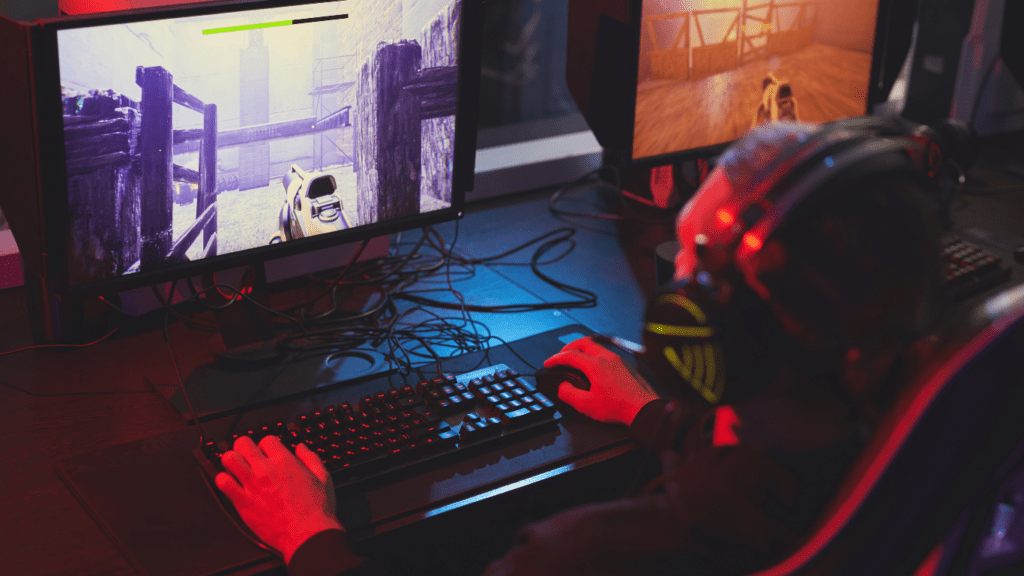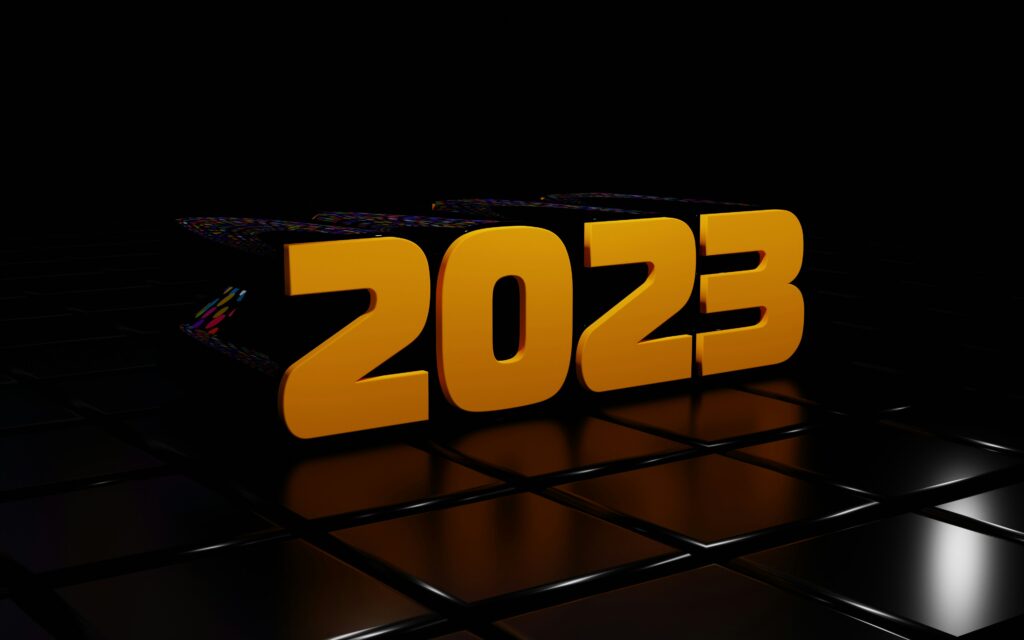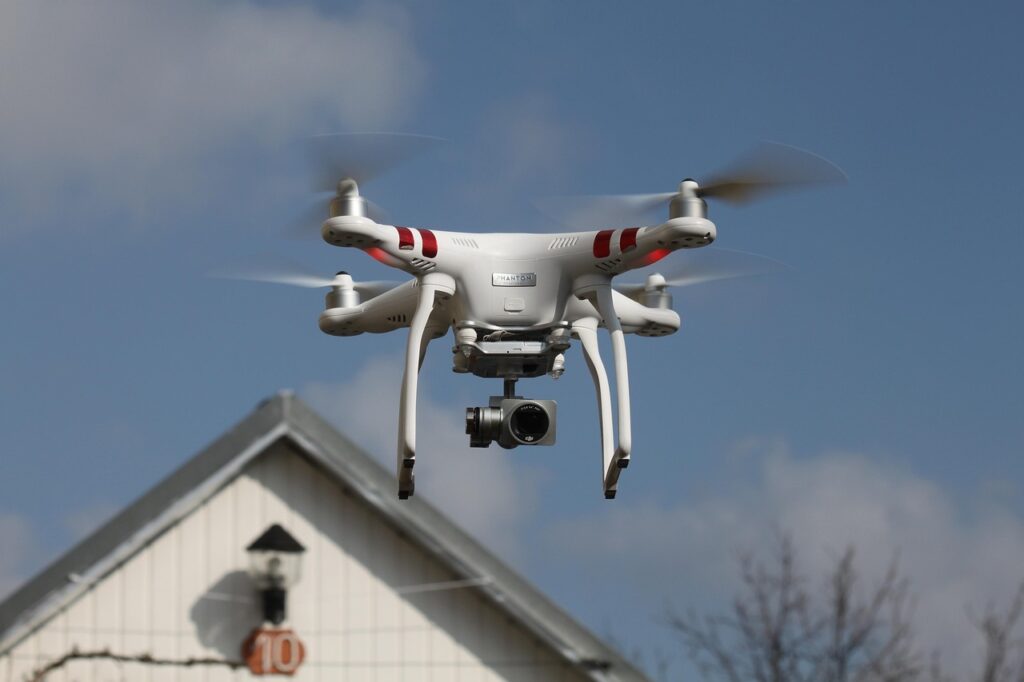Understanding Esports Sponsorships
Esports sponsorships have become a pivotal component in the gaming ecosystem. They enable brands to connect directly with a global audience that is passionate about competitive gaming.
Definition and Importance
Esports sponsorship involves companies partnering with gaming organizations, teams, or events to promote their brands to gamers and fans. It’s crucial as it creates a synergy where brands gain exposure, and esports entities receive financial support. This relationship fosters innovation and helps sustain the competitive gaming scene, transforming it into a mainstream entertainment industry.
Growth of Esports Industry
The esports industry has experienced exponential growth, attracting significant investments from well-known brands across various sectors. Revenue from esports topped $1 billion in 2020, signaling its potential. The industry’s expansion encourages diverse sponsorship opportunities, from game-centric products to peripheral brands, each seeking to leverage the gaming audience’s dedication.
Major Players in Esports Sponsorships

Major companies are redefining marketing strategies by heavily investing in esports. Their involvement not only enhances visibility but also cements long-term relationships with gamers.
Leading Companies in the Market
Several key players dominate the esports sponsorship landscape:
- Red Bull: Red Bull, known for its energy drinks, is a pioneering force in sponsoring esports events, teams, and tournaments like Red Bull Gaming Sphere.
- Intel: Intel partners with various gaming events and leagues, such as the Intel Extreme Masters, showcasing its commitment to the industry.
- Coca-Cola: Coca-Cola engages in esports sponsorships, notably supporting major events like League of Legends World Championship, promoting its brand across diverse audiences.
- Nike: Nike sponsors esports teams and players, integrating gaming into its brand narrative through apparel and merchandise collaborations.
Notable Sponsorship Deals
Several landmark sponsorship deals highlight the scale and impact of esports investments:
- Louis Vuitton and League of Legends: Louis Vuitton collaborated with Riot Games for the League of Legends World Championship, designing unique in-game items and a custom trophy case.
- BMW teaming with multiple organizations: BMW extended its “United in Rivalry” campaign by partnering with top esports organizations like Cloud9 and Fnatic, enhancing brand recognition.
- Mastercard and Riot Games: Mastercard’s partnership with Riot Games provides exclusive experiences for League of Legends fans, deepening engagement.
These strategic moves by industry leaders showcase the potential of esports as a dynamic platform for brand expansion and audience engagement.
Strategies for Effective Branding
Major companies entering the esports scene find branding success with strategic targeting and partnerships. Brands use tailored approaches to connect with dedicated gaming communities and strengthen their market presence.
Targeting the Right Audience
Targeting specific demographics ensures engagement in esports branding. Brands tap into data analytics to understand gaming community preferences and behaviors. For example, energy drink brands sponsor fast-paced games appealing to young adults, while tech companies focus on high-performance gaming events. I integrate cultural insights to create authentic connections with these audiences.
Leveraging Influencers and Streamers
- Partnering with influencers aids in effective branding within the esports sector.
- Streamers have a large, loyal following, making them ideal for promoting products organically.
- Notable examples include Coca-Cola collaborating with renowned streamers to increase brand visibility during live events.
- I identify key gaming figures who align with my brand’s image, ensuring a meaningful impact.
Measuring the Impact of Sponsorships
Understanding the impact of esports sponsorships is crucial for brands seeking to maximize their return on investment. Companies must delve into detailed analytics and performance metrics to gauge the success of their gaming partnerships.
Metrics and KPIs
Brands evaluate the effectiveness of sponsorships using key performance indicators (KPIs) tailored for esports. Viewership data, such as live stream audiences and unique views, track immediate reach. Engagement metrics, like likes, shares, and comments on social media, assess community interaction. Brand sentiment analysis helps understand audience perception and alignment with brand values. Sales conversion rates determine the ultimate impact on revenue following esports campaigns.
Case Studies and Success Stories
Successful case studies highlight the influence of strategic esports sponsorships. For instance, Intel’s partnership with ESL boosted its standing among tech-savvy consumers by showcasing cutting-edge technology during major gaming events. Nike’s collaboration with League of Legends teams increased its brand visibility and resulted in significant apparel sales among younger demographics. These examples demonstrate how targeted sponsorships can enhance brand image and drive tangible business results.





